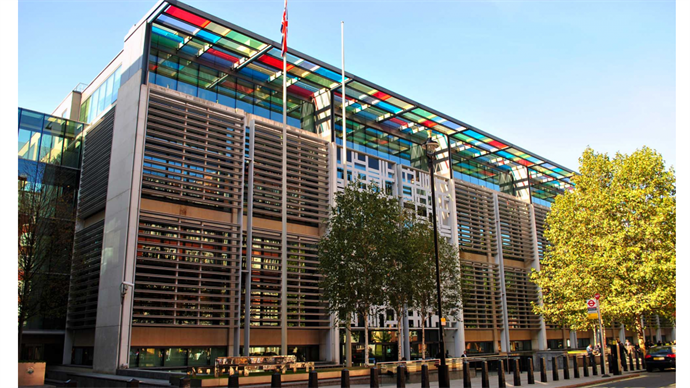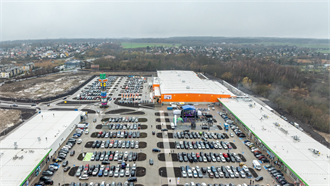New research from UK fund manager Aviva Investors suggests that investors who have focused on 'long duration cash flows' may be best protected during and after the coronavirus crisis.
According to the firm's latest report, which notes that long-income assets have historically displayed defensive characteristics during downturns, funds that focused on such assets outperformed on a relative basis during the global financial crisis, with investors heavily favouring the secure, long duration cash flows they can offer.
In particular, property assets backed by long-dated government or government-sponsored income streams are likely to be most resilient as the crisis unfolds.
In contrast, riskier, growth-focused real estate strategies look more vulnerable in the near term. Where schemes are under development, there is heightened uncertainty about the timing and costs of projects given the disruption to supply chains and temporary reduction in labour supply. For those that do complete in the months ahead, leasing activity is likely to be subdued.
More generally, investors are likely to discriminate against assets with vacancies or leases nearing expiry.
Structural changes
Another of the report's conclusions is that cyclical downturns can also accelerate structural changes. This raises concerns about discretionary retail, one of the first sectors to be hit by Covid-19, particularly in areas dependent on tourism.
Alongside the hospitality sector, this is where the first signs of an inability to make rental payments and potential business failures are emerging, the report notes. Investors who have attempted to get ahead of the changes in consumer behaviour by reducing exposure to weaker retail assets are likely to suffer less.
Non-discretionary retailers such as grocers and pharmacies are likely to be less affected by a severe drop in demand but may still face operational challenges.
In the office sector, covenant strength and the quality of occupiers’ balance sheets are critical factors. Public credit markets are pricing assets as if the risk of default among weaker covenants has increased rapidly. Assets backed by leases to the government and public bodies are likely to be among the most resilient, and businesses that play an integral role in the functioning of society and the broader economy may be more likely to receive government support.
In contrast, occupiers in transportation, tourism and industrial sectors may be more fragile. Portfolios designed to deliver sustainable income by targeting strong occupiers and high-quality assets are likely to see less disruption to cash flows.
E-commerce impact
In the logistics sector, fortunes will likely vary. Occupiers will be impacted by the disruption to global supply chains and potential labour shortages, and in-store retailing may reduce demand.
However, a larger percentage of the population could become dependent on e-commerce during the period of enforced social isolation, providing some support for the sector. On balance, assets in proximity to consumers and, particularly, labour are likely to be more resilient.
Living segment
Student accommodation is generally a defensive sector, and rental incomes here should be less significantly impacted than in many other sectors in the short term. However, if global travel and higher education are still seeing disruption by late summer, occupancy rates for the 2020-2021 academic year will come under pressure.
During this period, landlords will have to work closely with their occupier customers to protect incomes. Those that have built strong, trusted relationships will be best placed to work through the current difficulties, Aviva concludes.


































